Tags: Bacteria
Heavy Metal Toxins Genetically Alter Dairy Cows To Become More Antimicrobial-Resistant
Earth's Mighty Microbe Survived Life Outside of the ISS For Years, Experts Say
Thai Scientists Developed Special Coating for Socks to Prevent Smelly Feet
Viruses and Bacteria Can Infect Corals and Trigger Bleaching
Missing Link in Skin Bacteria That Causes Eczema Finally Identified in a Breakthrough Study
Scarlet Fever Is Wreaking Havoc in the UK and North East Asia
New Study Finds Electricity-Producing Bacteria Contain Unique Nanowire Structures
Microbial Biomarkers Raise Possibilities of Ancient Humans Cooking in Hot Springs

Magnetotactic Bacteria May Explain Unique Behaviors in Some Animals
Connecticut Public Health Officials Warn of Dangerous Bacteria Lurking in Salt, Brackish Waters

Massapanspermia Theory: The Transfer of Bacteria Between Planets
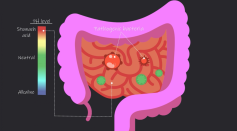
Humans Have Unique Gut Virus Composition Like A Fingerprint
Rare Bacteria Known to Survive Solely on Air in Antarctica, Now Found Elsewhere

Scientists Discover How to Fight Antibiotic-Resistant Bacteria
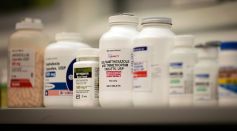
Antibiotics Can Increase Risk of Crohn's Disease
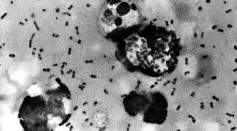
Some Bacteria Have Incomplete Ribosomes, a New Study Reports
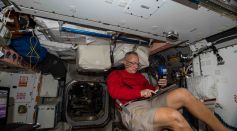
How Does Bacteria Behave in Space?

Goodbye Contaminated Water, Hello Bacteria-Driven Solar Power Purifier
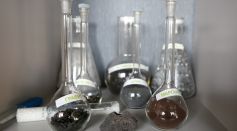
Scientists Discover Bacteria that Eats Metal and Produces Manganese Oxide
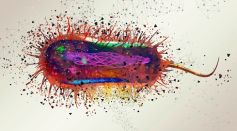
Good E. Coli Versus Harmful E. Coli
Most Popular

3I/Atlas Alien Comet 'Seen' on Earth? TikTok Users Claim Interstellar Object Captured on Camera

3I/ATLAS: The Truth Behind the Mysterious Interstellar Object Now Targeted by NASA and UN Teams

Hellfire Missile Video Reveals MQ-9 Reapers Being Used for Aerial Combat

Nvidia's Jetson Thor Could Make Humanoids Smarter Than Ever




